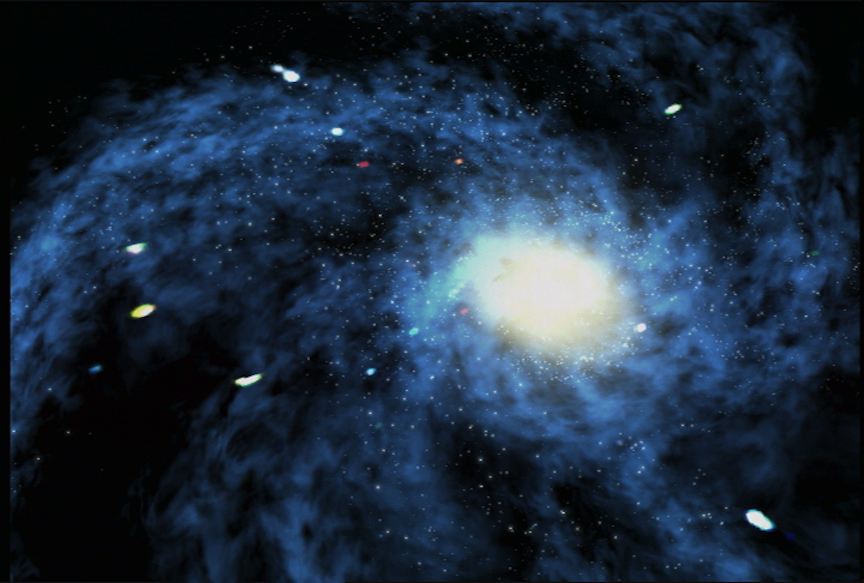- Thread starter
- #121
Three two, and blissfully childless if you were wondering. My inner child takes enough tending.Ummm, care to share your age?
So don't you think it's a little disrespectful to, and irreverent of, the universe we've landed ourselves in to ignore what its actually taught us so far, and belittle its depths to a contra-indicated book of claims that dont match up in any way with what it's shown us? It seems pretty rude, in a big way, to me.You either think I am stupid or that I never taught science to little kids. So what.
